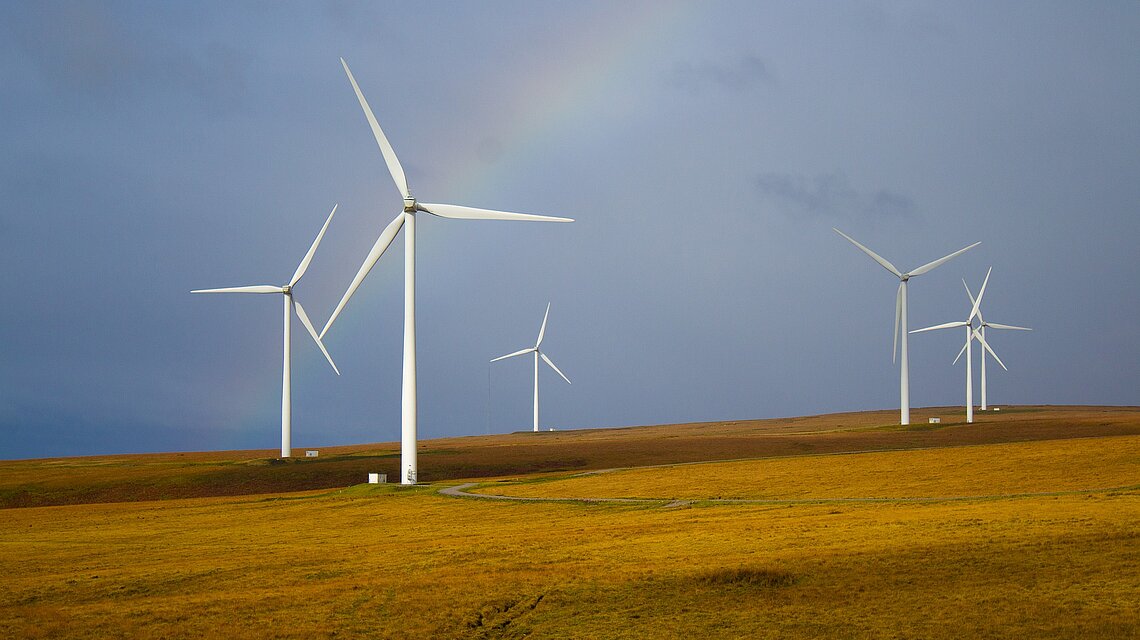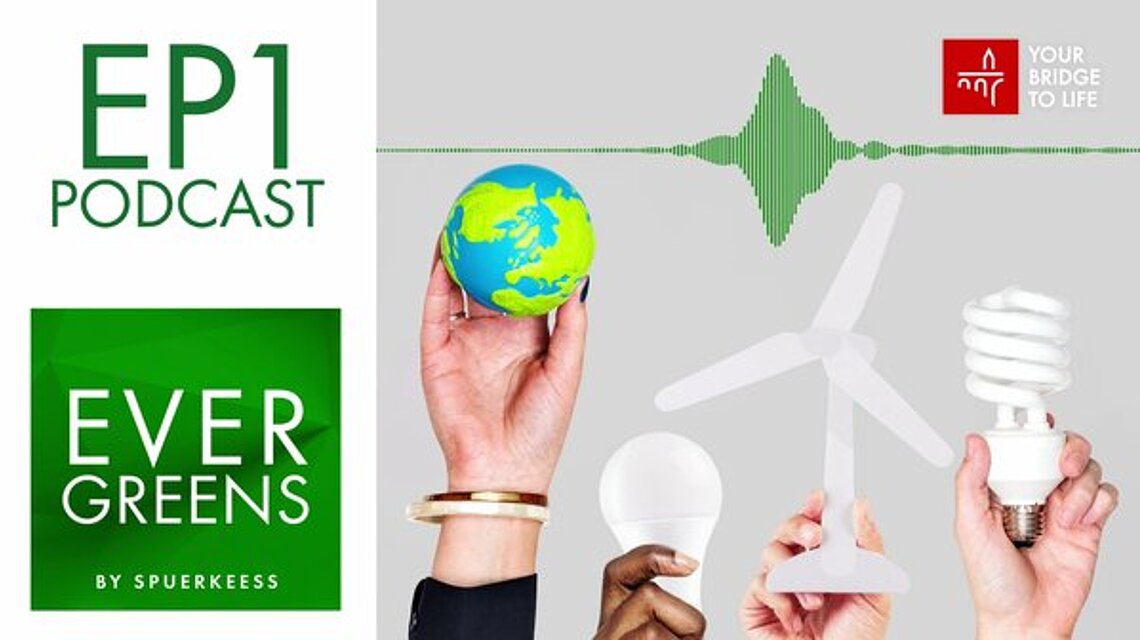
CSR Reports of Spuerkeess
Discover Spuerkeess' latest CSR (Corporate Social Responsibility) reports, such as the Sustainable Development Report.
As climate change and environmental degradation pose increasing risks to the ecosystem, we aim to create a positive ecological and social impact - for the benefit of our customers and society.
At Spuerkeess, we believe that our profitability is closely linked to sustainability. Being profitable in the long term goes hand in hand with the gradual improvement of our environmental and social performance. As a Bank centered on Luxembourg territory, we will support initiatives for sustainable finance (e.g. LSFI) and we align with Government and European Union programs. The objective is to help reduce greenhouse gas emissions in Luxembourg by 55% by 2030.
As a Luxembourg banking player that has signed the United Nations Principles for Responsible Banking, we are committed to aligning our business strategy progressively with the United Nations Sustainable Development Goals and the Paris Climate Agreement. In 2021, we signed the Net-Zero Banking Alliance, which aims to mobilise the financial sector in favour of the climate.

Discover Spuerkeess' latest CSR (Corporate Social Responsibility) reports, such as the Sustainable Development Report.

The CSR News of Spuerkeess! Discover Spuerkeess' current publications on Corporate Social Responsibility (CSR).

Podcast Evergreens by Spuerkeess: Have you listened to our sustainability podcast yet? Listen to our podcast on sustainability.
ESG issues present novel and complex challenges. These issues require specific scientific competencies. That is why it is important for Spuerkeess to work with the scientific community to improve climate and environmental practices.
Meet the experts who guide and advise us to reduce the environmental and climate risks that affect us all.